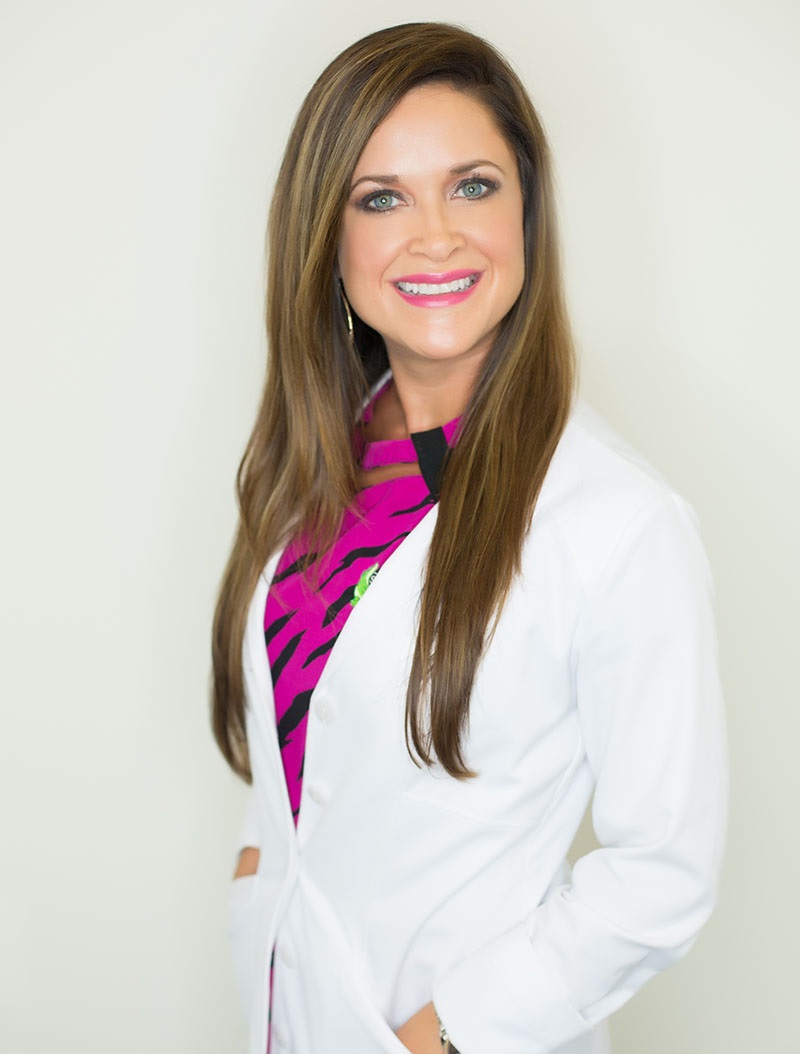
Insurance FAQ
Insurance FAQ
Dear Dental Family,
You may be interested in becoming a patient of our practice but notice that are not “In Network” with your dental insurance. We want to address a few common questions:
Seeing an out-of-network pediatric dentist can have several benefits. For one, it can give you more flexibility in terms of choosing a dentist who is the best fit for your child's needs. Out-of-network dentists are not bound by the same restrictions as in-network dentists, so they may be able to offer a wider range of treatment options.
Dental insurance is a discounted prepayment plan and is meant to help defray the costs of dental care. No insurance pays 100% for all procedures, outside of Medicaid, which only covers basic services. A Medicaid Board determines these services, not the dentist. Any services not covered under Medicaid would be entirely the patient’s financial responsibility. In this case, the patient must pay if the want the necessary care.
Dental Insurance typically covers a portion of preventable and predictable procedures, such as regular check-ups, cleanings, and fillings, with a lower coverage rate than medical insurance. It requires that the patient must pay a portion of the cost of care, through co-payments, deductibles, or coinsurance. This is because dental care is less expensive than many medical treatments and is seen as preventable by regular maintenance and checkups.
Also, there can be large discrepancies in the benefits provided, which is completely based on the contract the employer has selected with the insurance company.
Believe it or not, seeing an out-of-network dentist may also save you money on dental care, as out-of-network providers are not subject to the same negotiated rates as in-network providers.
Other reasons why dental insurance differs from medical insurance:
- Dental insurance plans are often provided as a secondary or supplementary coverage to medical insurance plans, so the annual limits are often set to reflect this.
- Dental insurance often does not cover the personnel/operational expense of emergency after-hour office visits or unexpected treatments like medical insurance does, because it is primarily designed to cover preventable and predictable procedures.
- The annual limits on dental insurance have not increased over the years because dental care is preventable and predictable, unlike many medical treatments which are often emergencies or unexpected. As a result, dental insurance plans have not seen the same level of cost inflation that medical insurance plans have seen, and so there has been less pressure to increase annual limits.
- Insurance benefits have not increased in years, some for decades, or they have increased in such minuscule amounts as to be insignificant in keeping up increased staff salaries and supply costs. To keep the business open, often dentists are forced to cut corners in many areas that ultimately provide suboptimal care.
- Dental insurances often dictate patient care, and they remove that ability form the dentist. This is intolerable and unacceptable for many dentists, and subsequently they drop membership in PPOs in order provide the best care for their patients.
Myths About Dental Insurance
In the 1960’s yearly insurance maximums were $1,000-1,500. Today many plans still have these same maximums. Adjusted for inflation these maximums should be around $6,000 in today’s dollars.
TRUTH: Most of the time you will still have a balance for treatment. Some treatments may not be covered by either insurance company. Additionally, the secondary insurance may not make any additional payment if the primary insurance has paid more than the secondary insurance’s “usual and customary fees.”
TRUTH: Benefits and limitations are set by each insurance company and may have no relationship to what is necessary and what is not. For example, many insurance companies have age restrictions for sealants, frequency limitations for radiographs (x-rays) and fluoride, and many do not cover nitrous oxide (laughing gas). Science and clinical experience have proven these treatments to be beneficial and necessary.
TRUTH: “Usual and customary” is a term coined by insurance companies and has no relationship whatsoever to what is truly usual and customary. It is a misleading term that has resulted in customers feeling they are being overcharged when in fact the dental insurance company is underpaying or provides poor benefits. “Usual and customary” fees can vary greatly with different insurance companies. If the fees were usual and customary, shouldn’t they be similar between the different companies and plans? A plan that is less costly to the employer will usually have a lower usual and customary fee schedule.
TRUTH: Although many offices will file your insurance as a courtesy, none are under any obligation to do so. Insurance companies are under no obligation to take our phone calls, provide correct information, and are increasingly difficult to get in touch with. Additionally, insurance companies will only pay what they are going to pay based on the plan’s benefits and limitations. If you feel your benefits are deficient, we advise you to talk to your employer or HR to inquire about contracting with a better plan.
TRUTH: “Preferred provider” is a misleading term created by insurance companies. It does not mean the dentist is in any way better than a non-preferred provider. It only means that the provider has chosen to join the insurance company’s network.
TRUTH: Insurance companies are in business to make a profit. They are not in the healthcare business. They care no more about your health than your auto insurance cares about the health of your car.
Overall, while the idea of free health care may be appealing, there are practical considerations that make it difficult to implement in a way that is sustainable and effective for small businesses like ours.
- Providing health care services requires significant resources, including trained medical professionals, expensive equipment, and medication. These resources need to be paid for in some way, and charging for health care services is one way to cover these costs.
- Providing free health care to everyone would require a significant amount of funding, which would need to come from somewhere. This could potentially mean higher taxes for individuals and businesses, which could have a negative impact on the economy.
- Providing free health care to everyone without any limits or restrictions could lead to overuse of medical services and potentially create a shortage of resources. This could ultimately decrease the overall quality of health care for everyone.
Any other questions? Don’t worry! We have dedicated, highly trained and knowledgeable team that is available to answer any of your billing and insurance questions. If you have a question about what your insurance may or may not cover, please don’t hesitate to reach out. In many cases, you may find that your insurance will cover the same amount or only slightly more than if we were “in network”, And we feel confident that you will find our office worth it!
Kindest regards,
Dorothy Baker, DMD Leva Sabet, DDS, Asher Wright, DDS



